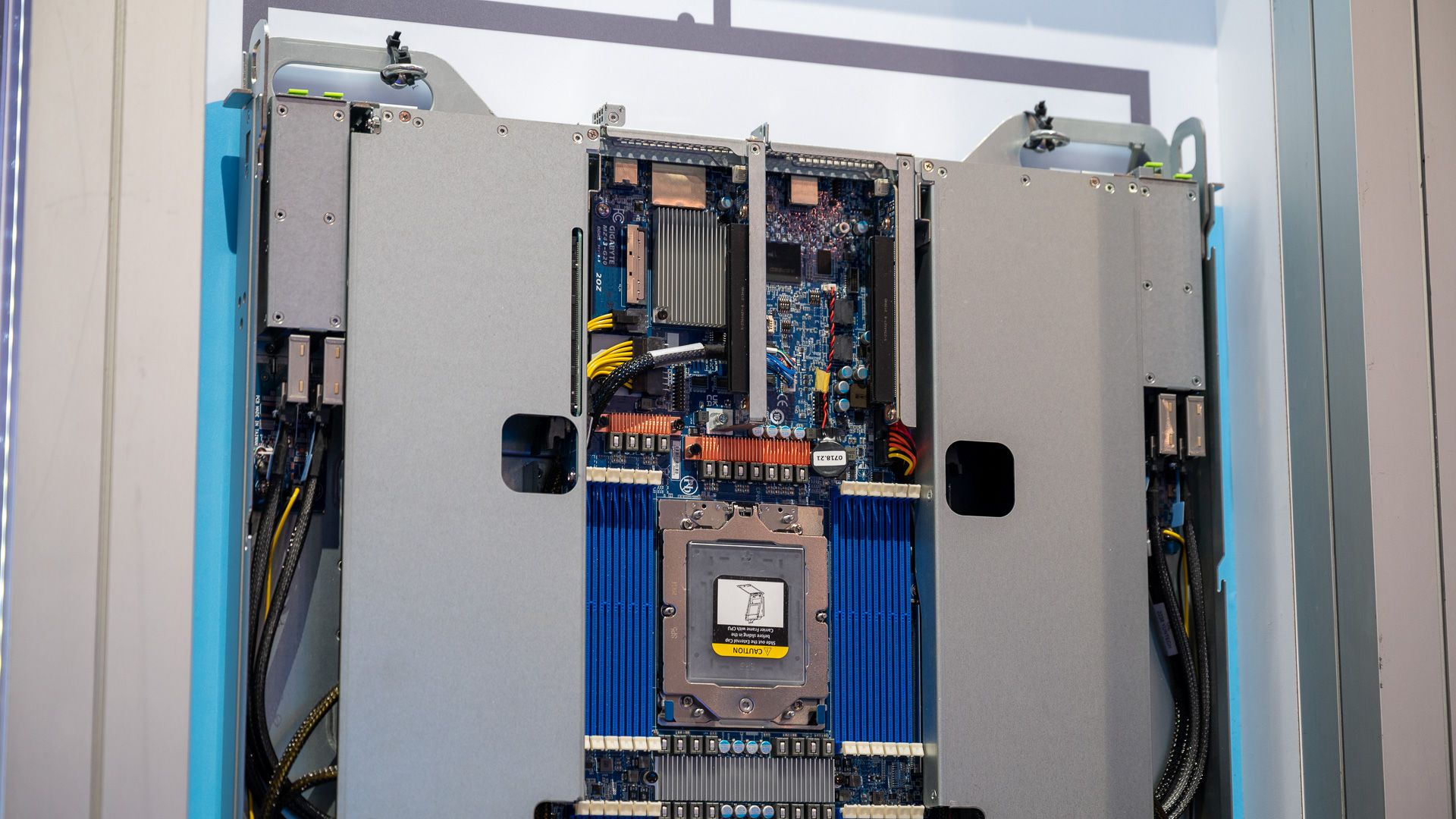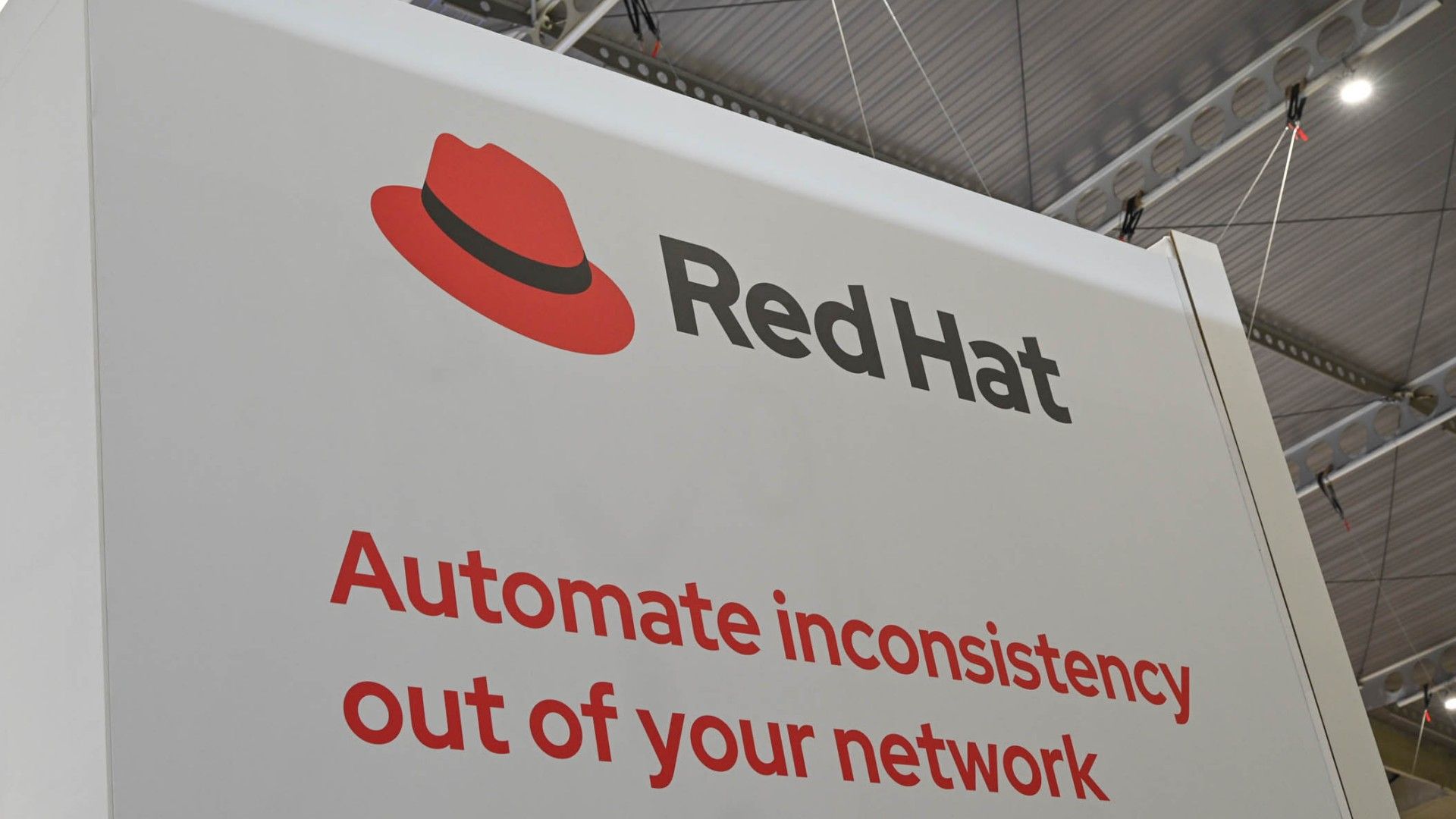If you’re still waiting for the Year of the Linux desktop, give up. Linux is never going to threaten Windows’ desktop share. The good news is, for Linux, that’s a pointless metric.
The Myth of the Year of the Linux Desktop
2024 wasn’t the fabled Year of the Linux desktop and, spoiler alert, neither will 2025. Globally, Linux only just breaks the four percent mark of desktop operating systems.
Linux will never threaten Windows’ dominance of the desktops. Even with the roll-out of Windows 11 rendering a lot of hardware Windows-obsolete, there hasn’t been a tidal wave of users abandoning Windows and moving to Linux, even though their hardware would run Linux just fine. A few will have migrated to Linux, for sure, but they’re already included in the four-point-something adoption figure. And that’s Linux’s highest percentage of desktop share to date.
The notion of Linux taking a significant chunk of Microsoft’s desktop share is a pipe dream, and the idea that it could ever catch, overtake, or usurp Windows is nothing more than a flight of fancy.
But trying to measure Linux’s success by looking at desktop adoption is missing the point, and by a country mile.
Linux Is Already Everywhere Else
Linux runs the world. Nearly 90% of websites run on Linux web servers.
Google Cloud and Amazon AWS are built on Linux. Even Microsoft uses Linux to drive its Azure Kubernetes Services, and has its own Azure Linux OS that’s used to deliver services such as Microsoft 365 and Xbox services. To make the Windows Subsystem for Linux (WSL) a real Linux and not a compatibility layer, since Windows 10, Windows has had a genuine Linux kernel inside it.
By the end of 2024, the number of mobile computing devices reached 17.72 billion, dwarfing the estimated 2 billion traditional computers. And, whether your device runs Android (the most installed operating system in the world) or iOS (the second most installed operating system in the world), inside, there’s either a Linux kernel (Android) or a modified FreeBSD kernel (iOS) meaning a free and open-source Unix-like kernel powers them both.
The fastest 500 supercomputers in the world all run Linux. Even those built on Microsoft’s NDv5 virtual platform run on a distribution of Linux.
Managed network appliances such as switches, routers, and firewalls run on Linux, as do almost any device using an embedded OS, including the vast majority of IoT devices. That means Linux runs domestic and commercial local and wide area networks, the infrastructure of the internet, and your smart home.
Linux Is Thriving
Linux has investment and deep-rooted support from industry giants such as IBM (who now own Red Hat), Google, Oracle, Amazon, and even Microsoft.
Plainly, Linux isn’t going anywhere. It’s too critical a component of the modern world for it to be allowed to wither away. Its future development is secured, used as it is in everything from smart televisions to electric cars and space exploration.
Yes, Linux is a single-digit desktop OS. That is numerically, factually, correct. Does it matter that it has so little penetration as a desktop operating system? No, because it isn’t for everyone, and no, because that isn’t the whole story. It isn’t even the tip of the iceberg.
Statistics can be numerically correct without telling you anything about the bigger picture. More often than not, you need to drill into a topic to get the whole story.
There are about 1.5 billion cars on the planet. Around 220,000 of those were built by Ferrari. That’s a volume measured in hundredths of a percent. Is Ferrari a failure?
Another Year of Linux Everywhere
Those of us who use Linux might be statistical outliers, but that doesn’t matter.
Whether it’s for security, freedom, the Unix heritage, rejuvenating old hardware, or any other reason or combination of reasons, Linux is right for us. We can invest in the learning curve that comes with moving to Linux, confident it won’t be a wasted effort. Linux isn’t going anywhere.
“The year of the Linux desktop” is a phrase that means nothing to me, because it isn’t talking about a meaningful subject. My viewpoint is, Linux runs the world–and some people even use it on their desktops.


